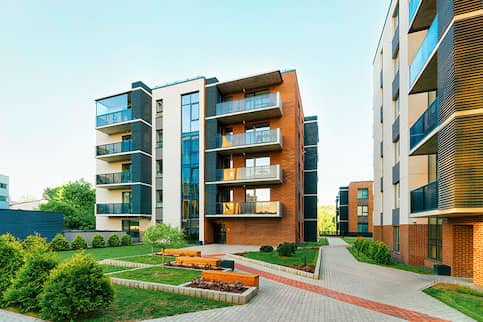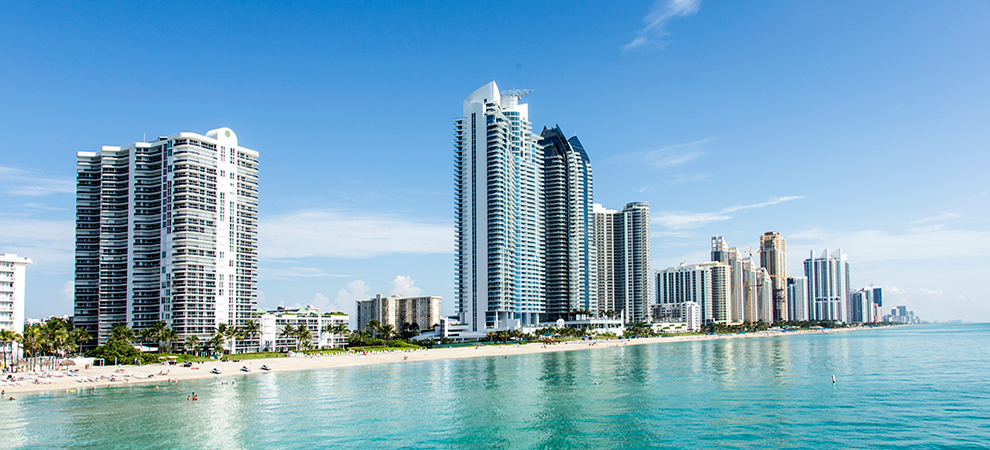The Role of an HOA in Developing and Enforcing Community Standards for Locals
The function of a Homeowners Organization (HOA) in implementing and establishing neighborhood guidelines is fundamental to keeping a cohesive and organized household atmosphere - hoa condo. By creating clear guidelines that regulate facets such as building upkeep and neighborhood conduct, the HOA not only establishes criteria for homeowners however also cultivates a feeling of belonging and responsibility. Nonetheless, the implementation of these guidelines can provide numerous challenges, increasing inquiries about fairness, communication, and area involvement. As we check out these intricacies, it comes to be evident that the impact of an HOA extends far beyond mere rule enforcement.
Comprehending House Owners Associations
Homeowners organizations (HOAs) work as controling bodies for household neighborhoods, playing a vital function in maintaining property worths and fostering a feeling of community. Typically created by designers, HOAs are made up of house owners within a designated location that elect a board to oversee the organization's activities. The key functions of an HOA consist of imposing community regulations, handling common locations, and organizing community occasions.
HOAs operate under a collection of governing records, consisting of commitments, restrictions, and problems (CC&R s), which lay out the legal rights and responsibilities of house owners. These laws aim to ensure that properties are preserved to a particular criterion, thus securing the visual appeal and general worth of the area. Additionally, HOAs commonly accumulate dues from property owners to money upkeep, landscape design, and other community services.
The existence of an HOA can significantly influence the living experience within a neighborhood (hoa condo). While some homeowners value the structured atmosphere and services provided, others may find certain policies restrictive. Balancing the rate of interests of all home owners is essential for an HOA to function effectively, making certain that it offers its designated function of improving neighborhood living while appreciating private house owner legal rights
Creating Area Standards

To start, an HOA should conduct surveys or convene that allow locals to voice their worries and pointers. This participatory process cultivates a sense of ownership and enhances compliance. Next, the HOA board must analyze the feedback to determine typical styles and concerns that require formal inclusion in the guidelines.
It is additionally vital to make certain that the standards are clear, succinct, and quickly understood. Ambiguities can lead to misunderstandings and problems, threatening the function of the guidelines. Additionally, the standards need to be detailed, covering different aspects of neighborhood living, consisting of property upkeep, noise levels, and usage of typical areas.
Enforcement of Rules
Effective enforcement of community rules is critical for preserving order and ensuring that all residents abide by the established guidelines. An HOA needs to carry out a structured strategy to impose these regulations, which commonly involves a mix of monitoring, communication, and penalties for non-compliance.
First, routine inspections and neighborhood patrols can help determine violations, making certain that guidelines are constantly applied across the area. This proactive tracking permits the HOA to deal with concerns prior to they escalate, promoting a sense of liability among citizens.
2nd, clear communication is vital. Homeowners ought to be educated of the rules and the procedures for reporting infractions. An open line of interaction encourages locals to voice worries and look for clarification on guidelines, which can improve conformity.

Lastly, when violations take place, the HOA has to implement repercussions as outlined in the controling records. By successfully implementing policies, an HOA can cultivate an unified living atmosphere that reflects the cumulative values of its locals.
Advantages of HOA Laws
Various advantages develop from the application of HOA regulations, which offer to enhance the top quality of life within a neighborhood. One key advantage is the upkeep of property worths. By imposing criteria for appearances and maintenance, HOAs ensure that homes and common locations stay eye-catching, promoting a preferable living atmosphere that can bring about enhanced property worths gradually.
Additionally, HOA guidelines advertise consistency and harmony within the community. This coherence in layout and maintenance aids to produce a feeling of belonging among locals, adding to community pride and a favorable atmosphere. Established guidelines assist in problem resolution among next-door neighbors by giving clear expectations and procedures for habits, therefore minimizing disputes.
One more substantial benefit is the provision of shared facilities and services. Lots of HOAs take care of area centers such as swimming pools, clubhouses, and parks, which improve entertainment possibilities for homeowners. These amenities not only improve the lifestyle but likewise motivate social interaction.
Ultimately, the policies set forth by an HOA cultivate an efficient, unified area, guaranteeing that homeowners enjoy a high standard of living while cultivating an encouraging atmosphere for all house owners.
Typical Difficulties Faced by HOAs
Amidst the advantages that property owners organizations (HOAs) can offer, they additionally come across a variety of obstacles that can impede their effectiveness. Lots of property owners might not participate in conferences or community tasks, leading to Get More Information a detach between the HOA board and residents.
Conflicts can develop when residents feel that enforcement is inconsistent or prejudiced, potentially leading to disputes within the community. Furthermore, HOAs usually face financial restrictions, which can restrict their capability to keep typical areas or fund area jobs.
Furthermore, navigating legal complexities can be discouraging for HOAs. They must ensure compliance with state laws while handling their very own regulating papers, which can be a source of confusion. Developing and changing demographics area needs need HOAs to adapt their standards, commonly fulfilling resistance from enduring locals that are accustomed to standard norms. Addressing these obstacles is vital for fostering a successful and harmonious area.
Verdict

By developing clear rules that govern elements such as home maintenance and area conduct, the HOA not only establishes standards for homeowners yet additionally promotes a feeling of belonging and accountability.Homeowners associations (HOAs) offer as regulating bodies for household areas, playing an essential role Clicking Here in keeping property values and promoting a feeling of community. Lots of home owners might not participate in meetings or community activities, leading to a disconnect between the HOA board and locals. Advancing and changing demographics area needs require HOAs to adjust their standards, often meeting resistance from long-standing residents who are accustomed to traditional standards. Via the growth of clear laws and regular enforcement, HOAs advertise building upkeep, neighborhood pride, and trust among residents.